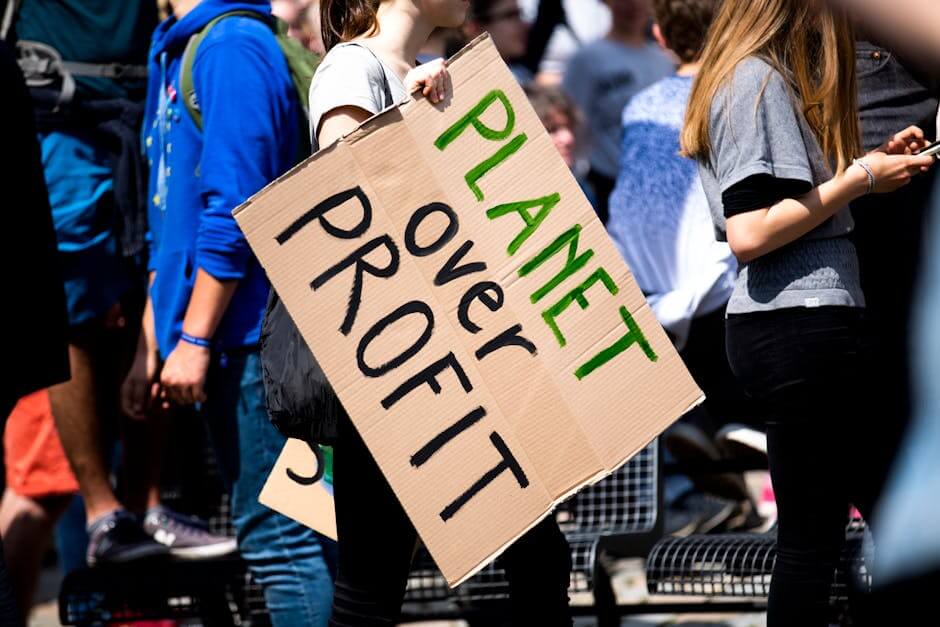Global warming refers to the long-term increase in Earth's average surface temperature, primarily driven by the release of greenhouse gases into the atmosphere. Human activities, such as burning fossil fuels, deforestation, and agriculture, contribute significantly to these emissions.
The effects of global warming are widespread and include rising sea levels, more frequent and intense heatwaves, droughts, floods, and storms. These changes have significant implications for human health, ecosystems, and the global economy.
**Causes of Global Warming**
* **Greenhouse Gas Emissions:** Greenhouse gases, such as carbon dioxide (CO2), methane (CH4), and nitrous oxide (N2O), trap heat in the atmosphere, leading to an increase in global temperatures.
* **Deforestation:** Trees absorb CO2 from the atmosphere, so deforestation reduces the Earth's capacity to absorb this gas.
* **Agriculture:** Methane is released from livestock and rice cultivation, while nitrous oxide is emitted from fertilizers.
* **Industrial Activities:** Factories and power plants release large amounts of CO2 and other greenhouse gases.
**Effects of Global Warming**
* **Rising Sea Levels:** As the Arctic and Antarctic ice sheets melt, sea levels rise, threatening coastal communities and infrastructure.
* **Extreme Weather Events:** Global warming intensifies extreme weather events, including heatwaves, droughts, floods, and storms.
* **Ecosystem Disruption:** Climate change alters temperature ranges, precipitation patterns, and sea level, disrupting ecosystems and leading to species extinctions.
* **Health Impacts:** Heatwaves, air pollution, and food shortages associated with global warming can have severe health consequences.
**Mitigation and Adaptation**
Addressing global warming requires a two-pronged approach: mitigation and adaptation.
* **Mitigation:** Reducing greenhouse gas emissions through renewable energy, energy efficiency, sustainable transportation, and reforestation.
* **Adaptation:** Preparing for the impacts of climate change, such as building seawalls to protect coastal areas and developing drought-resistant crops.
**Individual Actions**
Individuals can contribute to mitigating global warming by:
* **Reducing Energy Consumption:** Use energy-efficient appliances, turn off lights when not in use, and improve home insulation.
* **Switching to Renewable Energy:** Use solar panels, wind turbines, or geothermal energy sources to generate electricity.
* **Planting Trees:** Trees absorb CO2 from the atmosphere, so planting trees helps reduce greenhouse gas concentrations.
* **Reducing Waste:** Reduce, reuse, and recycle materials to minimize methane emissions from landfills.
* **Eating a Plant-Based Diet:** Livestock production contributes to methane emissions, so reducing meat consumption can help.
**Conclusion**
Global warming poses a significant challenge with far-reaching consequences. By understanding the causes and effects of climate change and implementing both mitigation and adaptation strategies, we can work towards a sustainable future for our planet. Individual actions can make a difference, and collective efforts are crucial to address this global issue.

